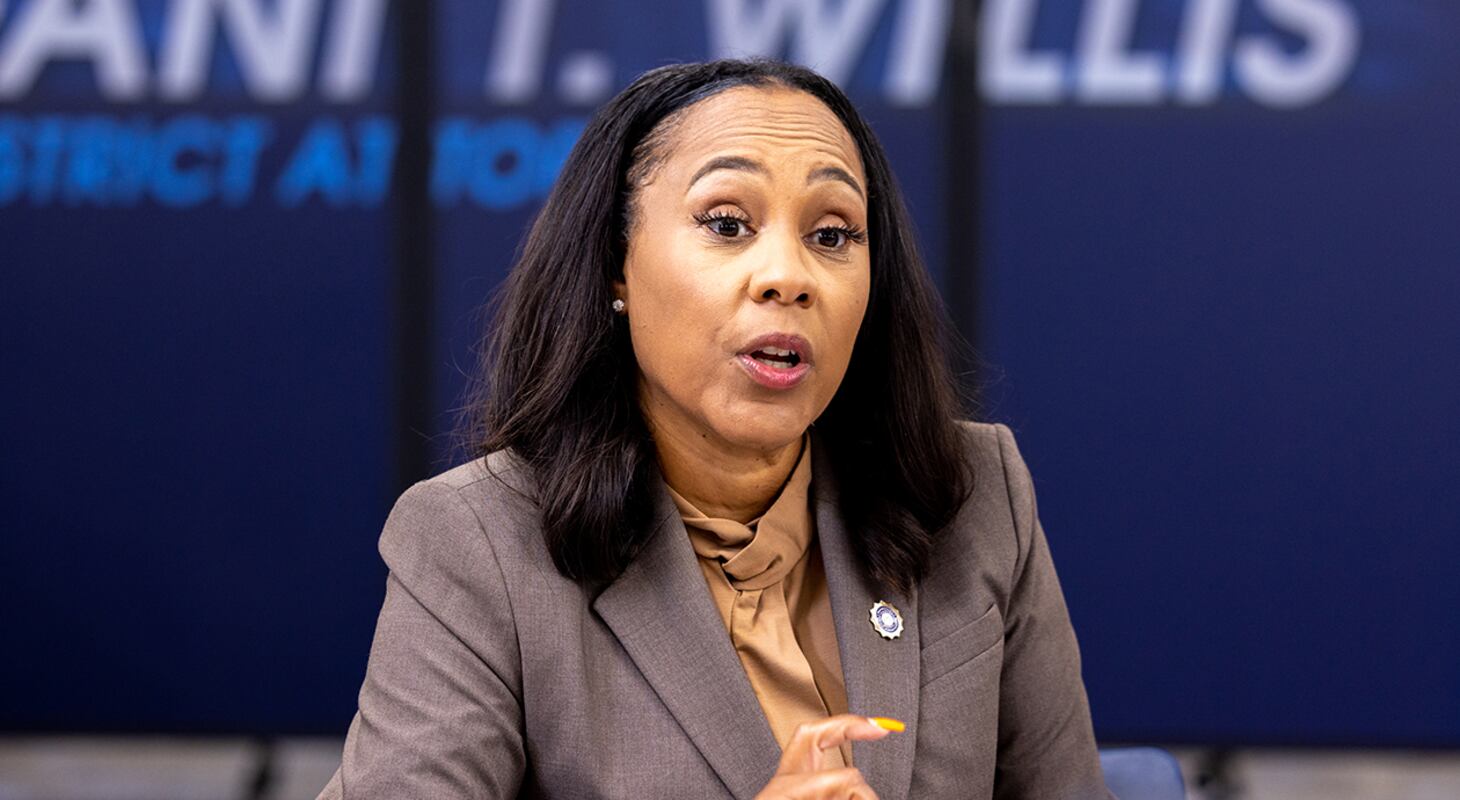Fulton County District Attorney Fani Willis has been ordered by a Georgia judge to pay over $54,000 in attorney’s fees after her office failed to properly respond to a request made under the Georgia Open Records Act, according to publicly available court records.
This decision stems from a legal challenge brought by Ashleigh Merchant, an attorney representing Michael Roman, a co-defendant in the Georgia 2020 election interference case involving former President Donald J. Trump. Merchant alleged that the district attorney’s office delayed or refused access to public records concerning the hiring of Nathan Wade, who previously served as a special prosecutor in the case.
Court Rules Against District Attorney’s Office
According to the court order, the DA’s office must:
- Produce the requested records within 30 days.
- Pay $54,264 in attorney’s fees and costs, representing approximately 80 hours of legal work conducted by Merchant and her team.
Source: [Court Order Filed in Cobb County Superior Court – April 2024]
Background of the Open Records Dispute
Attorney Ashleigh Merchant originally requested access to documents related to Nathan Wade’s appointment, compensation, and contractual terms as a special prosecutor in the high-profile case investigating efforts to overturn the 2020 presidential election results in Georgia.
Public interest in the arrangement intensified following questions about Wade’s prior relationship with Willis. The court later cited this relationship as a factor in disqualifying Willis from continuing to prosecute the case in December 2023, ruling that her involvement created an appearance of impropriety.
Source: [Georgia Judiciary – Official Ruling on Disqualification]
Appeal to Georgia Supreme Court
Following her disqualification from the Trump election case, Fani Willis filed an appeal to the Georgia Supreme Court, arguing that the decision lacked precedent and was based solely on public perception rather than any documented misconduct or legal conflict of interest.
In her appeal, Willis wrote that no court in Georgia had ever removed an elected district attorney on the basis of the appearance of impropriety alone, and that her removal may set a concerning legal precedent.
Source: [Georgia Supreme Court Filing – February 2024]
Legislation May Allow Defendants to Recoup Legal Fees
In response to ongoing concerns around the case’s management, the Georgia State Senate passed bipartisan legislation in March 2024 that could allow defendants to seek reimbursement of legal costs if a case is dropped due to prosecutorial misconduct or disqualification.
The bill, which passed unanimously, aims to offer legal recourse in situations where prosecutorial decisions compromise the integrity of a case. It does not apply retroactively and has no current bearing on the charges in the Trump case.

Current Status of the Georgia Election Case
Although Willis and her office have been removed from the Trump-related prosecution, the indictment against Donald Trump and multiple co-defendants remains in place. The case is now expected to be reassigned to a new team of prosecutors as designated by the appropriate state authorities.
The charges allege violations of Georgia’s Racketeer Influenced and Corrupt Organizations (RICO) Act, among others, related to efforts to overturn the 2020 election results in the state. A trial date has not yet been confirmed, and pretrial motions are ongoing.
Source: [Fulton County Court Docket – State of Georgia v. Trump et al.]
Previous Open Records Lawsuits
This is not the first time District Attorney Willis has been named in an Open Records Act dispute. In 2023, she was the subject of a separate lawsuit, also filed by Merchant, which alleged improper withholding of documents related to a publicly funded media contract. In that case, a judge declined to dismiss the lawsuit but ruled that Willis would not be personally named as a defendant.
These lawsuits have placed increasing public attention on the transparency and accountability of the Fulton County DA’s office, especially as it manages cases with national political significance.
Source: [Atlanta Journal-Constitution – Records Request Legal Challenges, 2023–2024]
Reaction from Attorney Ashleigh Merchant
Following the court’s ruling on Friday, Ashleigh Merchant expressed her satisfaction with the outcome on social media:
“Proud that we have judges willing to hold people in power accountable when they ignore the law!”
Her statement reflects broader public discussions surrounding government transparency and compliance with open records laws, which are critical tools for media, citizens, and legal teams to hold public officials accountable.









